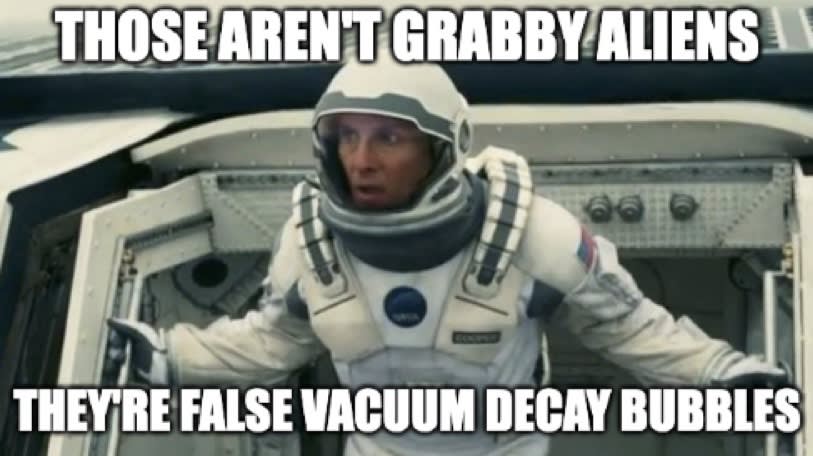Tl;dr:
In this post, I introduce a concept I call surface area for serendipity — the informal, behind-the-scenes work that makes it easier for others to notice, trust, and collaborate with you. In a job market where some EA and animal advocacy roles attract over 1,300 applicants, relying on traditional applications alone is unlikely to land you a role.
This post offers a tactical roadmap to the hidden layer of hiring: small, often unpaid but high-leverage actions that build visibility and trust before a job ever opens. The general principle is simple: show up consistently where your future collaborators or employers hang out — and let your strengths be visible. Done well, this increases your chances of being invited, remembered, or hired — long before you ever apply.
Acknowledgements: Thanks to Kevin Xia for your valuable feedback and suggestions, and Toby Tremlett for offering general feedback and encouragement. All mistakes are my own.
Why I Wrote This
Many community members have voiced their frustration because they have applied for many jobs and have got nowhere. Over the last few years, I’ve had hundreds of conversations with people trying to break into farmed animal advocacy or EA-aligned roles.
When I ask whether they’re doing any networking or community engagement, they often shyly say “not really.” What I’ve noticed is that people tend to focus heavily on formal job ads. This makes sense, job ads are common, straightforward and predictable. However, the odds are stacked against them (sometimes 1,300:1 — see this recent Anima hiring round), and they tend to pay too little attention to the unofficial work — the small, informal, often unpaid actions that build trust and relationships long before a job is posted.
This post is my attempt to name and explain that hidden layer of how hiring often happens, and to offer a more proactive, human, and strategic path into the work that matters.
This isn’t a new idea, but I’ve noticed it’s still rarely discussed o




If you want to support work in other contexts, Riesgos Catastróficos Globales is working on improving GCR management in Spain and Latin America.
I believe this project can improve food security in nuclear winter (tropical countries are very promising as last-resort global food producers), biosecurity vigilance (the recent H5N1 episode happened in Spain and there are some easy improvements to biosec in LatAm) and potentially AI policy in Spain.
Funding is very constrained, we currently have runway until May, and each $10k extends the runway by one month.
We are working on a way to receive funds with our new fiscal sponsor, though we can already facilitate a donation if you write to info@riesgoscatastroficosglobales.com.
(disclaimer: I am a co-founder of the org and acting as interim director)
Here is a write up of the organisation vision one year ago:
https://forum.effectivealtruism.org/posts/LyseHBvjAbYxJyKWk/improving-the-public-management-of-global-catastrophic-risks
Not sure why the link above is not working for you. Here is the link again:
https://riesgoscatastroficosglobales.com/